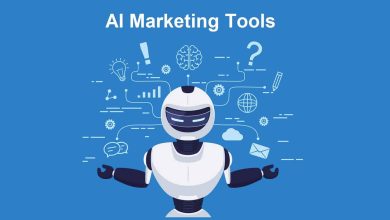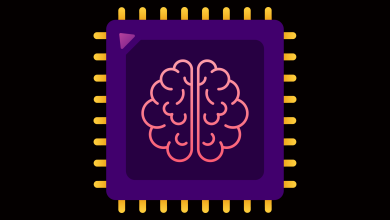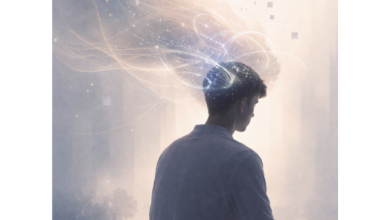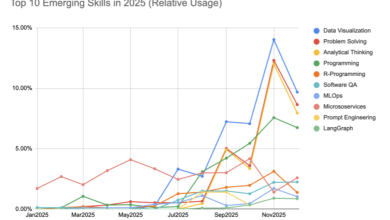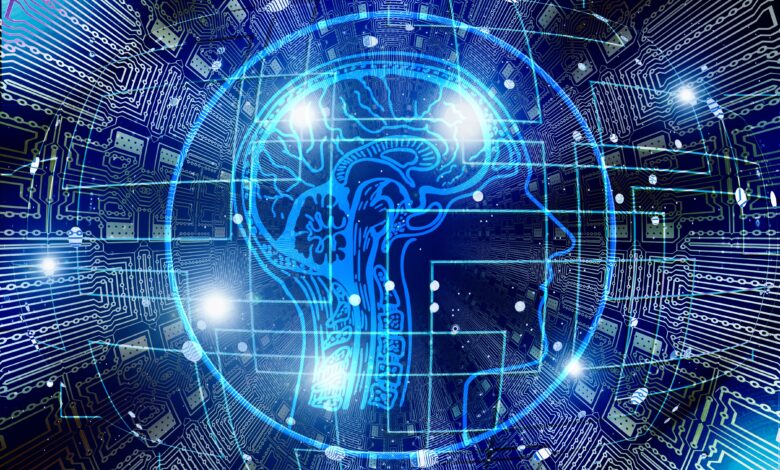
The rise of artificial intelligence marks a monumental shift in digital innovation, unlocking vast potential to reshape the entertainment industry. From how stories are written and music is composed, to how films are made and audiences engage.
However, for AI to continue evolving and producing high-quality and accurate content, it must be continuously trained on large, increasingly diverse datasets. This need for constant learning presents a pressing ethical dilemma. Much of the data used to train AI systems is taken without the knowledge or consent of the creators behind it. As a result, the very artists, writers, and musicians whose work is driving these breakthroughs are being left out of the process. This lack of transparency and permission is at the heart of the current conflict, fuelling an environment of deepening mistrust between the creative industry and the very AI technologies that have the potential to reshape it.
As it stands the legislation and ethical conversation around this is muddled and ineffective. AI developers lack explicit and clear guidelines around where they can source the materials and data they need to train their platforms; and creators lack the necessary protection over the rights to their own content. The music, film and creator economy have long suffered from delayed payouts, opaque royalty structures, and middlemen.
As generative AI grows, and the more streaming dominates the distribution process, industry creators and artists, from Elton John to Ian McKellen, are demanding the implementation of measures that ensure transparency and fair remuneration for the use of copyrighted materials in AI training.
Whist this conversation around legislation has sparked controversy in the UK entertainment industry, it’s important to acknowledge that AI continues to transform the creative landscape in powerful ways. From the de-aging of Harrison Ford in ‘Indiana Jones and the Dial of Destiny’ to Faber and Faber’s embracing of AI to streamline and maintain consistency throughout their editing process, AI is not only enhancing creative sector but also opening new avenues for innovation in the entertainment industry. These tools are not replacing creatives. They are enhancing workflows, expanding what’s possible, and allowing new talent to experiment and produce with fewer resources and more tools that, just two decades ago, were beyond comprehension.
The growing presence and usage of these technologies reinforces the urgency of resolving copyright and ethical issues in a way that safeguards creative rights. The need to recognise and reward content creators is becoming increasingly critical. A solve on this would be the use of Blockchain technology, which can play a role in this respect by facilitating micro-payments that reward creators directly for their contributions, and employ smart contracts to ensure creators are awarded fair compensation for their creations; a type of self-executing digital agreement that can be automated and executed instantly when predefined and pre-agreed conditions are met. BSV Blockchain, for example, is already helping enable such capabilities, helping to build a digital infrastructure that ensures transparency, enforces creator rights, and supports frictionless content monetisation. This added transparency helps enforce a more equitable digital ecosystem, allowing artists, writers, and developers to benefit from their creations without the interference of intermediaries. An ideal, stable solution for a constantly moving regulatory environment.
For creators who wish to maintain control over their work, blockchain provides a possible way to prevent unauthorised data trawling and ensure that their content is used in compliance with their own terms. Each transaction or usage agreement is time-stamped and stored in an immutable ledger, creating a transparent and tamper-proof trail of ownership and permissions. This enables creators to monitor how their work is being used, enforces licensing terms automatically, and reduces the risk of unauthorised data usage, particularly in AI training contexts. Ultimately, it empowers creators to retain control over their intellectual property in an increasingly data-driven landscape.
Implementing blockchain-based systems for content ownership and permissions could help resolve the current ethical and legislative tensions in the entertainment sector. With such systems in place, creators can be granted the much-needed control they desire over their content. Tagging it with specific permissions such as allowing use in AI training only under certain conditions or for a fee, and ensure those rules are automatically followed. This approach could transform the current dynamic between creators and AI developers from one of non-consensual data extraction to one of mutual collaboration. Rather than being sidelined, creators gain agency in how their work is used, enabling a more balanced and transparent relationship. For AI developers this unlocks access to clearer guidelines and richer, ethically sourced datasets.
By bridging the gap between technological advancement and creator rights, blockchain can help the UK foster a more ethical, sustainable and forward-thinking creative sector where AI and human creativity enhance rather than undermine one other. Under this healthier model, AI is no longer seen as a threat but as a trusted tool, capable of driving entirely new forms of storytelling, immersive experiences, and artistic expression that could revolutionise entertainment for generations to come.


